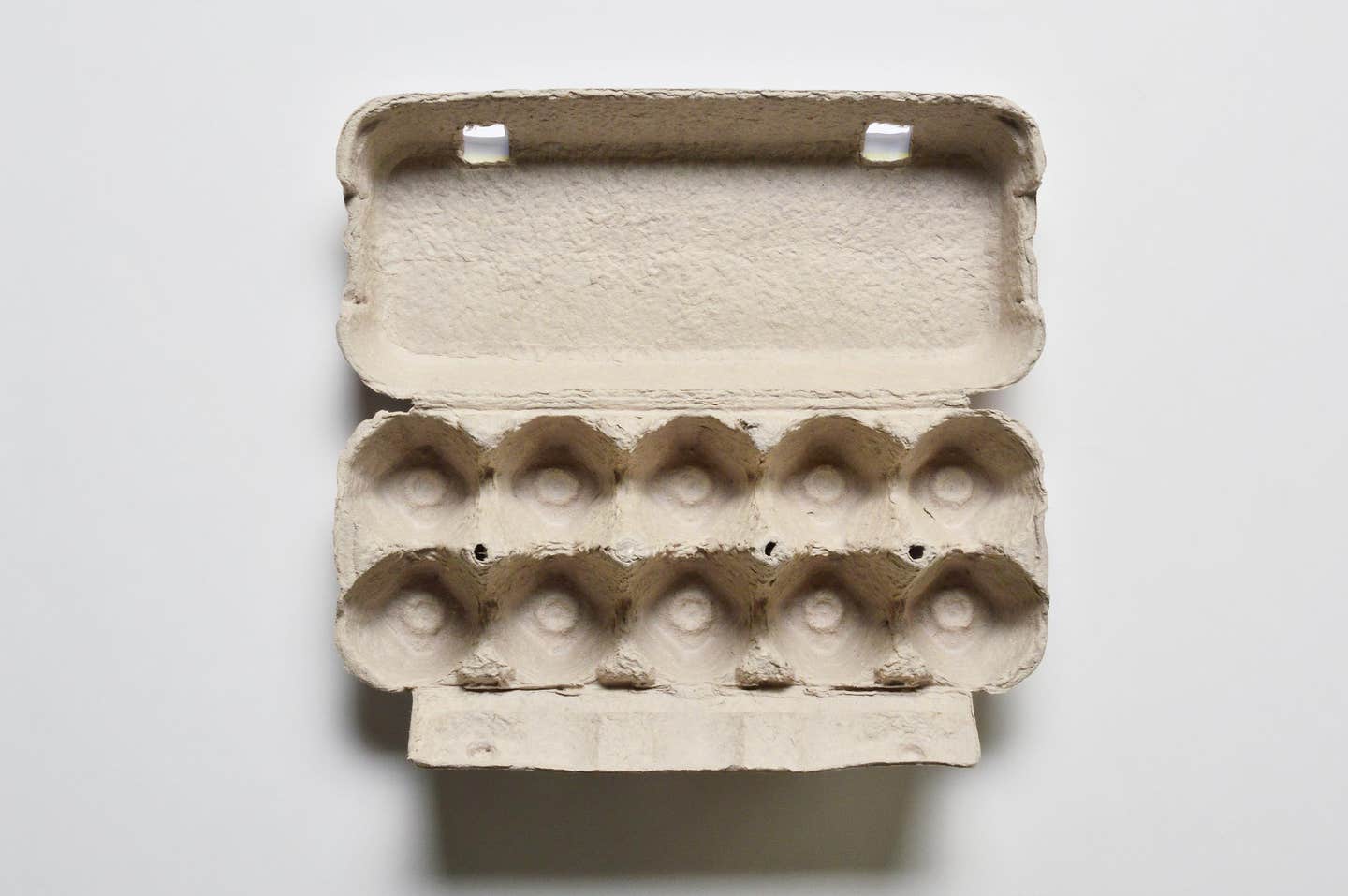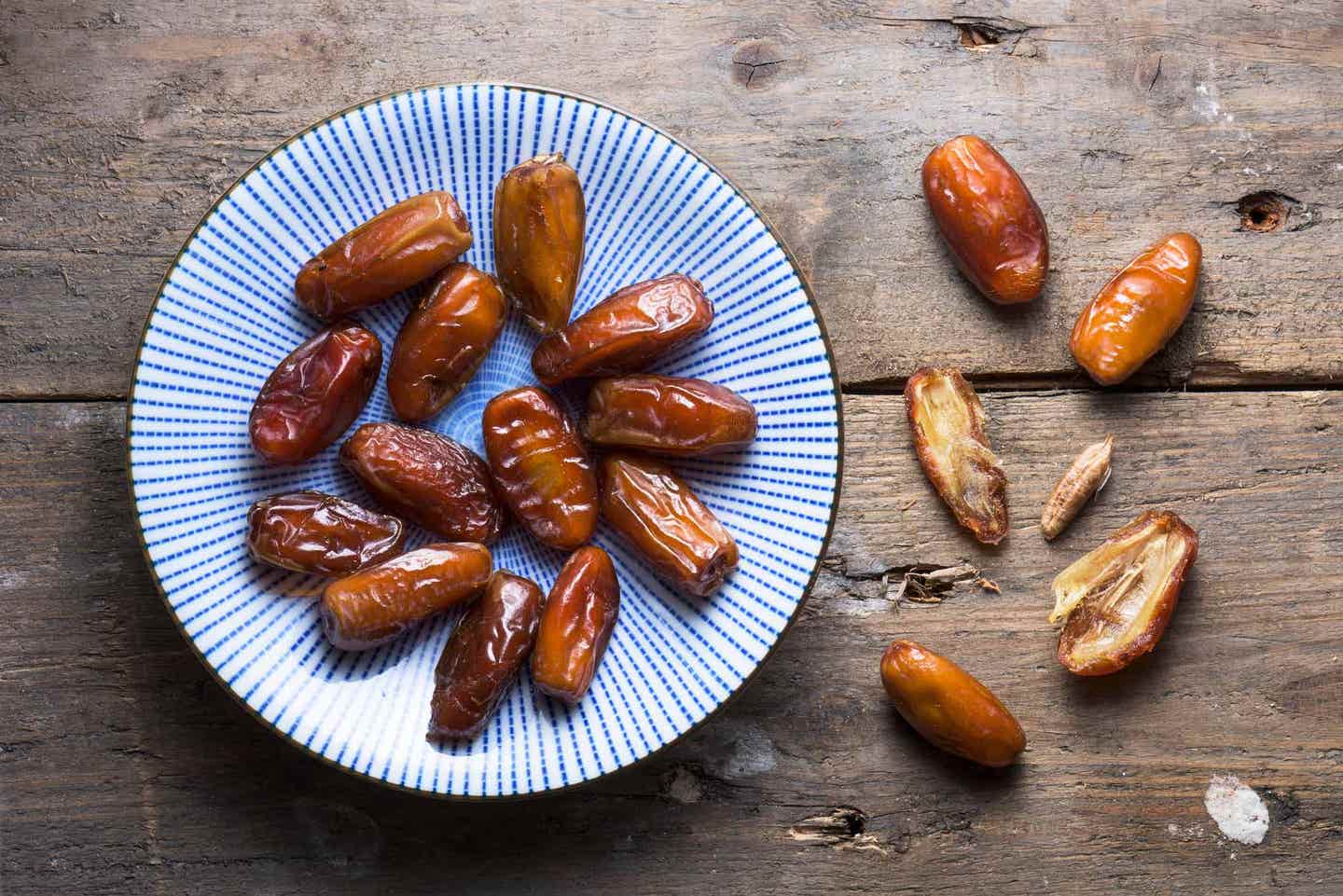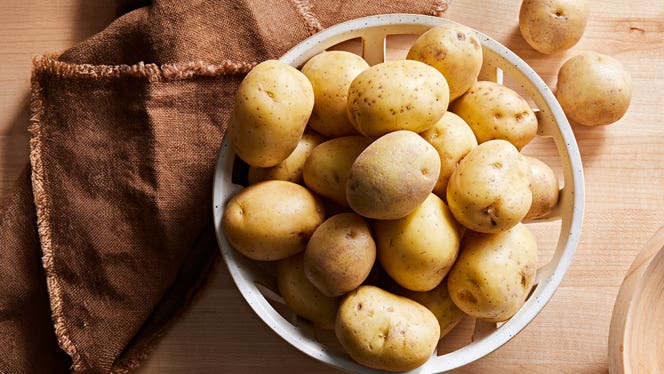By ,
There’s a misconception that you need to eat meat to get big. Although many professional athletes don’t eat meat, people still believe that meat equals muscle mass. I’ve been a no-meat athlete for the past twenty years, and I have not found it difficult to effectively build muscle on a plant-based diet.
How I Fuel Myself with Whole Plant Foods
The standard American diet is filled with calorie-dense processed foods, but when you eat whole plant foods, you will find that they are lower in calories per bite of food, and you will need to eat more volume to feel full and satisfied. I eat five bananas (about 100 calories each) as soon as I wake up, and that is before my main breakfast, which is a bowl of oats with fruit and nuts. On my way to the gym, I eat another three bananas for a quick burst of energy to optimize my fuel before a workout. After my workout, I look to starchy vegetables, legumes, and grains for the basis of my hearty, muscle-recovery meals. Some of my favorite choices are yams, beans, lentils, and brown rice. Then I add plenty of other nutrition foods such as leafy greens. (Note that leafy greens alone do not have enough calories to satisfy, so don't build your diet on greens alone.) On days that I exercise, I burn more fuel and thus eat more calories to feed my muscles. My appetite guides my daily nutrition plan.
How We Build Muscle
When you understand how muscle is built, you will realize that animal products are not necessary, and they could actually have an adverse effect on your health. Muscle size only increases when two conditions are present:
- First, you stimulate growth by consistently engaging in resistance training that exerts stress on muscle fibers, creating micro-tears in them.
- Second, you need to eat enough calories to support muscle repair and growth, a small but vital proportion of which must consist of amino acids, the building blocks of protein. Amino acids help us recover from training, and they help damaged muscle tissues repair and grow.
Having Trouble Building Muscle?
Nutrition plays a huge role in whether or not you will build muscle. If you have been spinning your wheels when it comes to muscle gain, it is almost certainly related to your ratio of calories consumed to energy expended, factoring in the type of calories (whole plant foods or processed foods).
A great way to know if you are consuming enough calories is to evaluate your basal metabolic rate (BMR) and your total caloric expenditure. Use a Harris-Benedict calculator to estimate the number of calories you are expending each day, based on your gender, age, height, weight, and (very importantly) activity level. This data will give you a baseline from which to work. I am not suggesting you count calories every day, but it is very helpful to get a sense of whether you burn 2,500 or 3,500 calories per day, based on your individual metrics, and to understand how many calories to consume. If you burn 3,500 calories per day but consume only 2,500, you are unlikely to build muscle and will likely lose weight.
There were times in my life when I tried to build muscle and didn’t put on a single pound, because I didn’t do what was required to succeed. Other times, I put on 20 pounds in a year and completely transformed my levels of strength and muscle mass, because I understood the actions to take and I performed them consistently, putting myself in a position to achieve my goal.
All Calories Are Not Created Equal
The following scenario describes two hypothetical individuals who experience markedly different health and fitness results, due to the type of calories they consume:
- Person A consumes 2,500 calories of whole plant foods with 70 percent of calories coming from carbohydrates and 15 percent each from proteins and fats, which is close to an ideal ratio for energy production, muscle growth, and overall health.
- Person B consumes 2,500 calories from numerous sources, including refined carbohydrates and heavily processed proteins and fats, and has a ratio of 40 percent of calories from carbohydrates, and 30 percent each from proteins and fats.
Even though they consume the same number of calories each day, Person A is poised for health and fitness success, while Person B is likely to experience low energy, as well as inferior muscle-building results and health outcomes. His insufficient carbohydrate consumption, combined with his excessive intake of protein and fat (both of which require more energy to process and digest), could negatively impact his exercise program and whether or not he has the energy to train. Further, at 30 percent of calories, Person B’s protein consumption is three to six times what science suggests we need, and much of that protein will just be excreted and unused. Also, his low carb, high protein, and high fat diet mirrors the typical American diet, which has left most Americans unhealthy and overweight.
The foods we choose are so important when it comes to building muscle. It’s not just about calories.
When you eat whole plant foods, you consume not only fuel (carbohydrates), but also amino acids (protein), fatty acids (fat), fiber, water, vitamins, minerals, antioxidants, phytonutrients, and other components in the right proportions for promoting good health. When you consume processed and refined foods, you sacrifice a huge proportion of these nutrients, and you acquire the toxic baggage that comes with these foods, including excess fat and cholesterol, refined sugars, refined flours, artificial colors, additives, preservatives, and more. The amino acids in fruits and vegetables are sufficient to build muscle, and their vitamins, minerals, and antioxidants also keep us healthy, so we can exercise regularly and turn consistency into results. It is easy to see how a whole-food, plant-based diet will result in optimal health and athletic performance, including building muscle.
Ready to get started? Check out Forks Meal Planner, FOK’s easy weekly meal-planning tool to keep you on a healthy plant-based path. To learn more about a whole-food, plant-based diet, visit our Plant-Based Primer.

Related News
Save 40% This WeekOn Forks Meal Planner

Forks Meal Planner takes the hard work out of making nutritious meals the whole family will enjoy.
SAVE $200 ON OUR ULTIMATE COURSE

Join our best-selling course at a new lower price!


